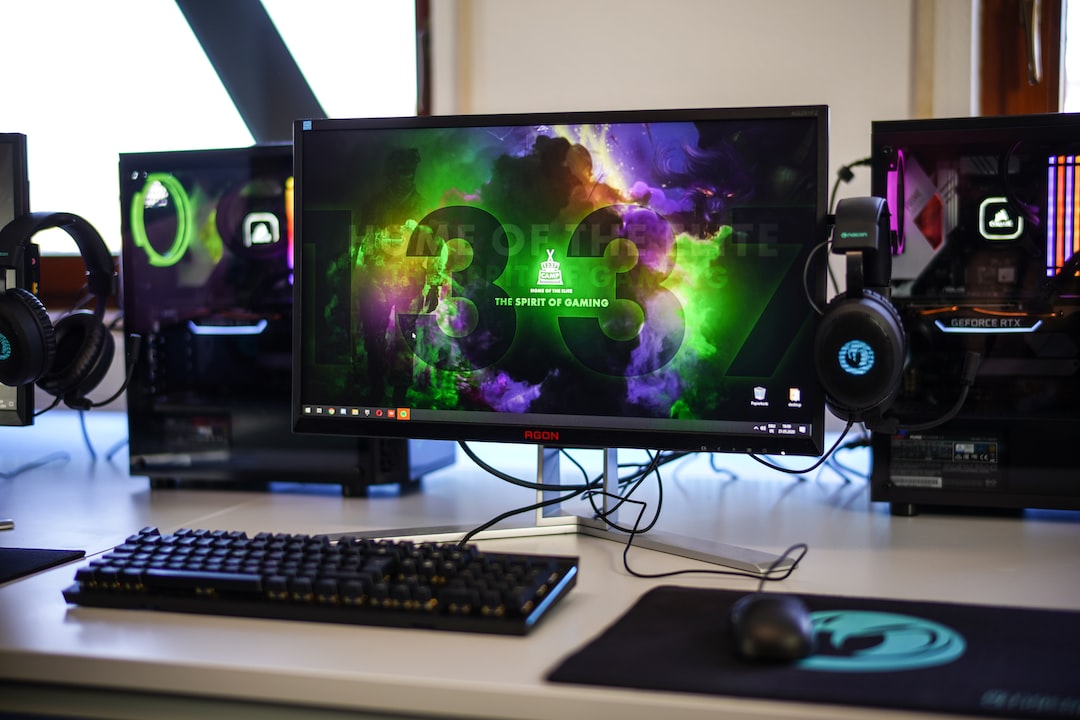The Influence of Game Modding: How Player-Generated Content Shapes the Industry
In recent years, the gaming community has witnessed a transformative shift in the way players interact with games. While the days of passively playing through a game from start to finish still hold their charm, there is now a growing trend of players taking control of the game itself through modding. Game modding refers to the act of modifying a game’s code, assets, or mechanics to create new experiences and content. This phenomenon has had a profound influence on the gaming industry, shaping the way developers create and players engage with games.
At its core, game modding is driven by a deep desire for creative expression and customization. Players-turned-modders have taken their favorite games and added their own unique touch, whether it be altering character appearances, introducing new game modes, or creating entirely new storylines. This explosion of player-generated content has breathed new life into games, allowing players to extend their gameplay experience even after completing the main storyline.
One of the most notable examples of game modding’s impact on the industry is the popular game series, “The Elder Scrolls.” The modding community for games like “Skyrim” and “Fallout 4” has managed to create an extensive library of mods that offer new quests, companions, and even entire areas to explore. Some of these mods have become so popular that they rival official DLC content in terms of quality and player engagement. This has prompted game developers to take notice and even embrace the modding community, with developers like Bethesda offering official mod support and hosting platforms for their games.
The influence of game modding goes beyond mere creativity and customization, as it has also served as a source of innovation for the industry. Modders often push the boundaries of what is possible within a game, experimenting with new gameplay mechanics, graphics enhancements, and even entirely new game genres. These innovations have the potential to revolutionize the gaming landscape, as developers often take note of successful mods and incorporate similar concepts in future games.
Additionally, game modding has given rise to a new breed of amateur game developers who find their start in the modding scene. By using existing game engines and tools, modders are able to create their own games without the need for complex coding knowledge. This accessibility has not only empowered aspiring game developers but also fueled the indie game development movement. Many successful indie games, such as the critically acclaimed “Counter-Strike” and “DayZ,” were originally conceived as mods before being developed into standalone titles.
Furthermore, game modding has fostered a strong sense of community and camaraderie among players and modders alike. Online forums and platforms dedicated to game modding serve as spaces for players to share their creations, seek feedback, and collaborate on projects. This communal aspect has not only united players and modders globally but has also opened doors to mentorship and learning opportunities. Novice modders can learn from experienced creators and enhance their skills, ultimately leading to the growth and evolution of the modding community.
While game modding undeniably brings numerous benefits to the gaming industry, it is not without its challenges. Intellectual property rights, conflicts between modders and developers, and the monetization of mods are some of the issues that have cropped up over the years. These challenges highlight the need for clear guidelines and communication between developers and modders to ensure a harmonious and mutually beneficial relationship.
In conclusion, game modding has emerged as a powerful force that has reshaped the gaming industry in recent years. The vast array of player-generated content has extended the lifespan of games and provided new avenues for creative expression. Modding has sparked innovation, nurtured aspiring game developers, and fostered a strong sense of community among players and modders. As the industry continues to evolve, it is crucial for developers to recognize and embrace the influence of game modding, working in tandem with the modding community to create an even more vibrant and diverse gaming landscape.

